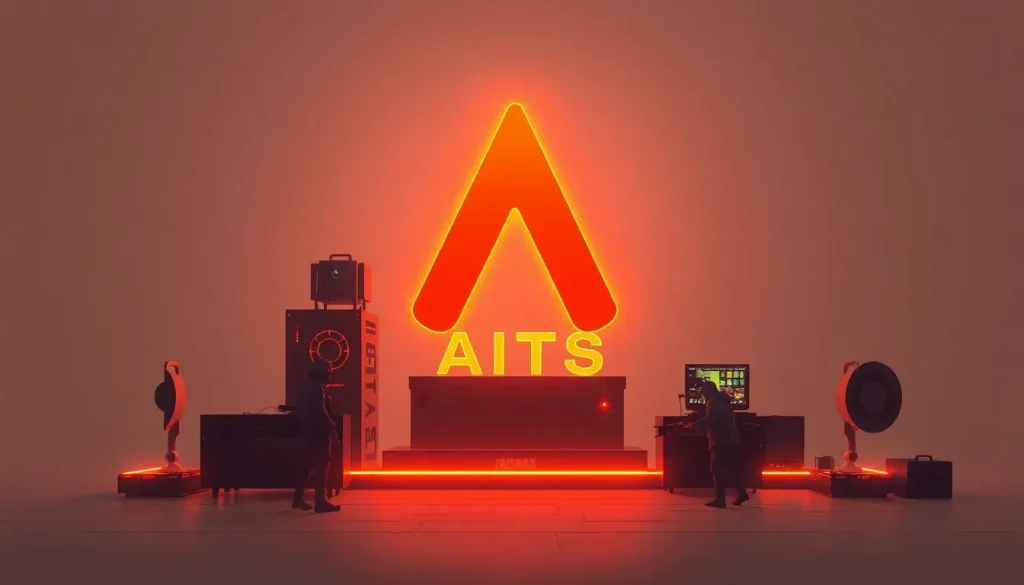New Electronic Arts Owners Plan to Use AI for Cost Reduction and Profit Increase

In recent developments, the gaming giant Electronic Arts (EA) has been acquired by a consortium led by Saudi Arabia, prompting significant changes in the company's operational strategies. One of the most striking shifts will be a heavy reliance on artificial intelligence (AI) in a bid to streamline costs and enhance profitability. This transition reflects broader trends within the gaming industry, where major companies are increasingly turning to AI technologies to reshape their business models.
The consortium is poised to implement AI-driven innovations to not only recover their substantial investment in EA but also to address an extensive operational debt. This dual focus on efficiency and revenue generation underscores the urgency of their approach, as the financial viability of EA's future hinges on these strategic decisions.
How AI Will Revolutionize EA's Operational Costs
The integration of AI within EA's framework could lead to profound changes in its business model, which may include:
- Streamlining Development Processes: Utilizing AI to automate certain aspects of game design and production.
- Enhancing Player Experience: Leveraging AI for personalized gaming experiences, potentially increasing player retention.
- Reducing Labor Costs: Possible downsizing as certain tasks become automated, leading to concerns among existing employees.
- New Revenue Streams: AI-generated content may create innovative monetization strategies.
- Efficiency Improvements: AI can help in real-time data analysis, leading to quicker decision-making.
However, the application of AI is not without challenges. The company must navigate the delicate balance between cost-cutting measures and maintaining the quality and creativity of its game offerings. The success of these initiatives will depend heavily on how effectively EA can translate AI efficiencies into tangible improvements in their products.
The Broader Context: Industry Leaders Embracing AI
EA is not alone in this technological pivot; other prominent gaming companies are also exploring the use of AI to redefine their operations:
- Ubisoft: Recently utilized AI to generate NPC dialogues in its game Ghostwriter, sparking controversy among writers.
- Square Enix: Implemented AI in the conceptual art phase for its title Foamstars, raising concerns over artistic integrity.
- Ninja Theory: Used AI-generated voices during the prototyping phase of Senua’s Saga: Hellblade II, later opting for human voice actors for the final product.
- Microsoft/Blizzard: Faced backlash over using actors' voices for AI training without proper consent, leading to significant industry discussions.
The move by these companies illustrates a growing trend where AI is becoming an integral part of game development, pushing boundaries on what is possible while also igniting debates about ethics in automation and creativity.
Concerns and Controversies in AI Adoption
As gaming companies delve deeper into AI, several concerns have emerged regarding its implications:
- Job Security: Automation could lead to significant workforce reductions, creating anxiety among employees.
- Creative Limitations: While AI can enhance efficiency, it may struggle with the nuanced creativity required in game narratives.
- Ethical Considerations: The use of artists' and actors' work without consent for training AI models raises ethical questions.
- Quality Control: There is a risk that the pursuit of efficiency through AI could compromise the quality of game content.
These challenges necessitate a careful approach as companies seek to harness the potential of AI while addressing the concerns of their workforce and the gaming community at large.
Case Studies: The Impact of AI in Gaming
Several case studies illustrate the diverse applications of AI in gaming and their implications:
- Ubisoft's Dialogue Generation: The backlash from writers highlighted the tension between innovation and traditional storytelling methods.
- Microsoft's Dubbing Controversy: The conflict over voice usage in World of Warcraft revealed the complexities of contracts and consent in the digital age.
- Square Enix's Concept Art: The use of AI for creative processes has sparked debates over authorship and the role of human artists.
These examples showcase AI's potential to reshape industry standards while also emphasizing the need for transparent and ethical practices as the technology evolves.
The Future of Gaming: Balancing AI and Human Creativity
As the gaming landscape continues to evolve, the challenge for companies like EA will be to find a harmonious balance between leveraging AI capabilities and preserving the human touch that defines engaging storytelling and immersive gameplay. The future may see:
- Enhanced Collaboration: Using AI as a tool to augment, rather than replace, human creativity.
- Player-Centric Innovations: Developing AI-driven features that prioritize player engagement and experience.
- Ethical Standards: Establishing guidelines for the ethical use of AI in creative processes.
Ultimately, the path forward will depend on the ability of these companies to navigate the complexities of technological integration while fostering a culture of creativity and innovation.
For more insights on how AI is influencing various sectors, check out this engaging video that explores the nuances of technology adoption in creative industries:




Leave a Reply